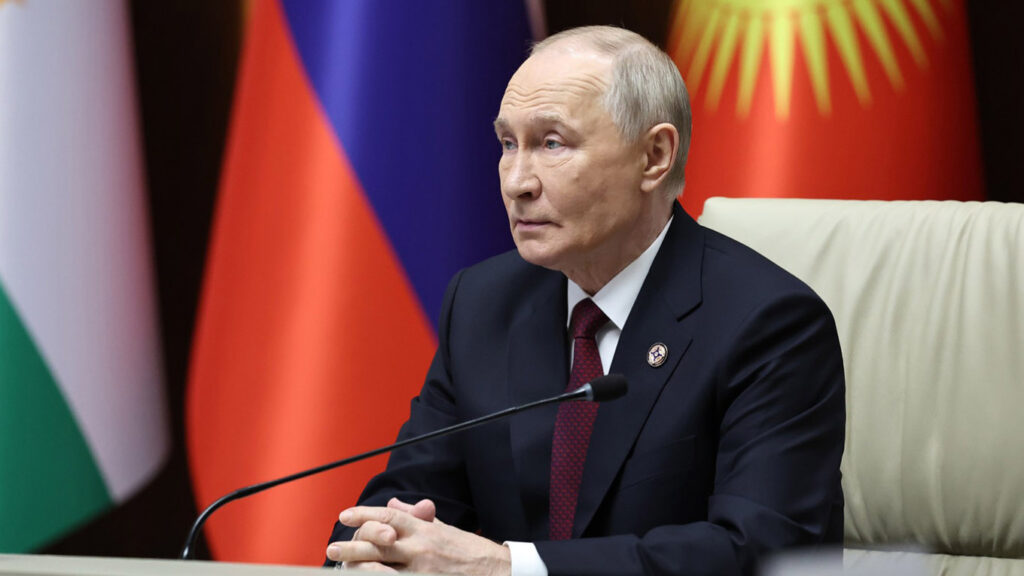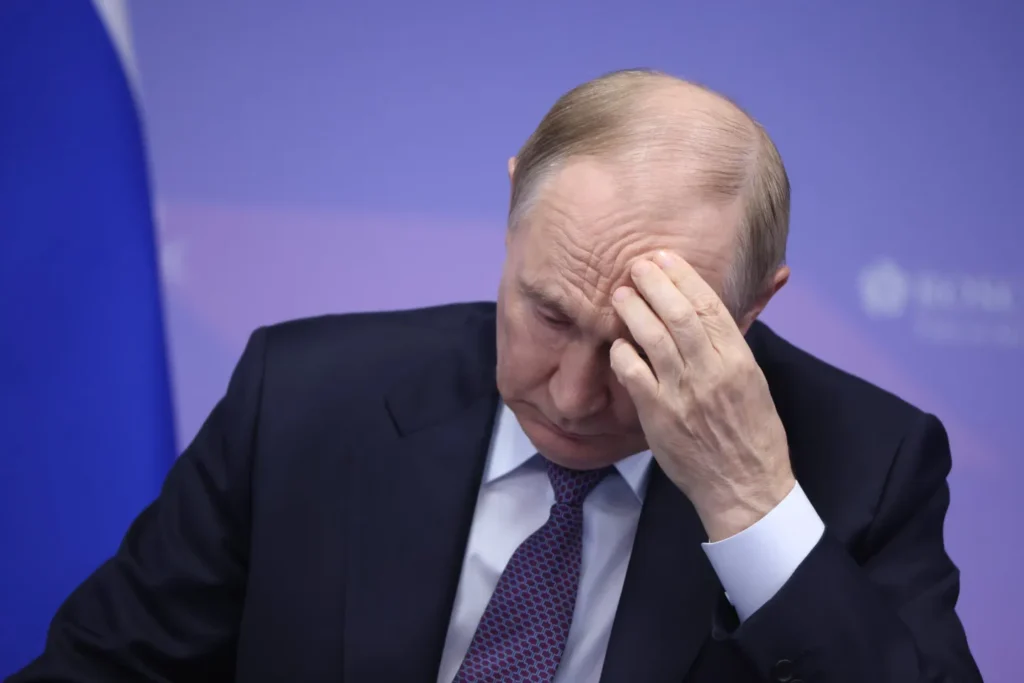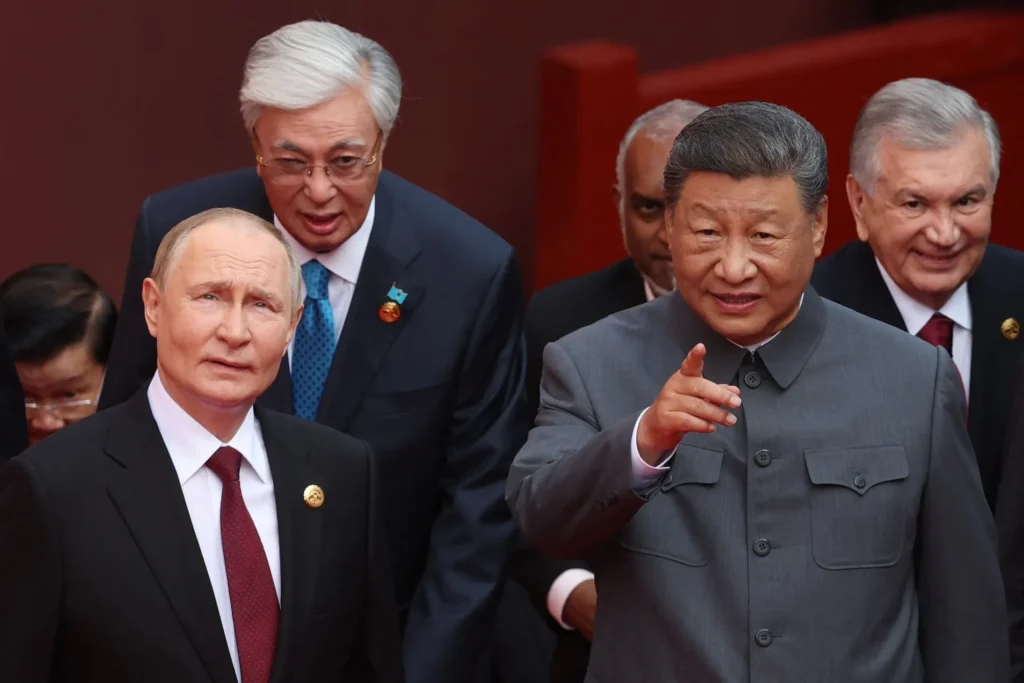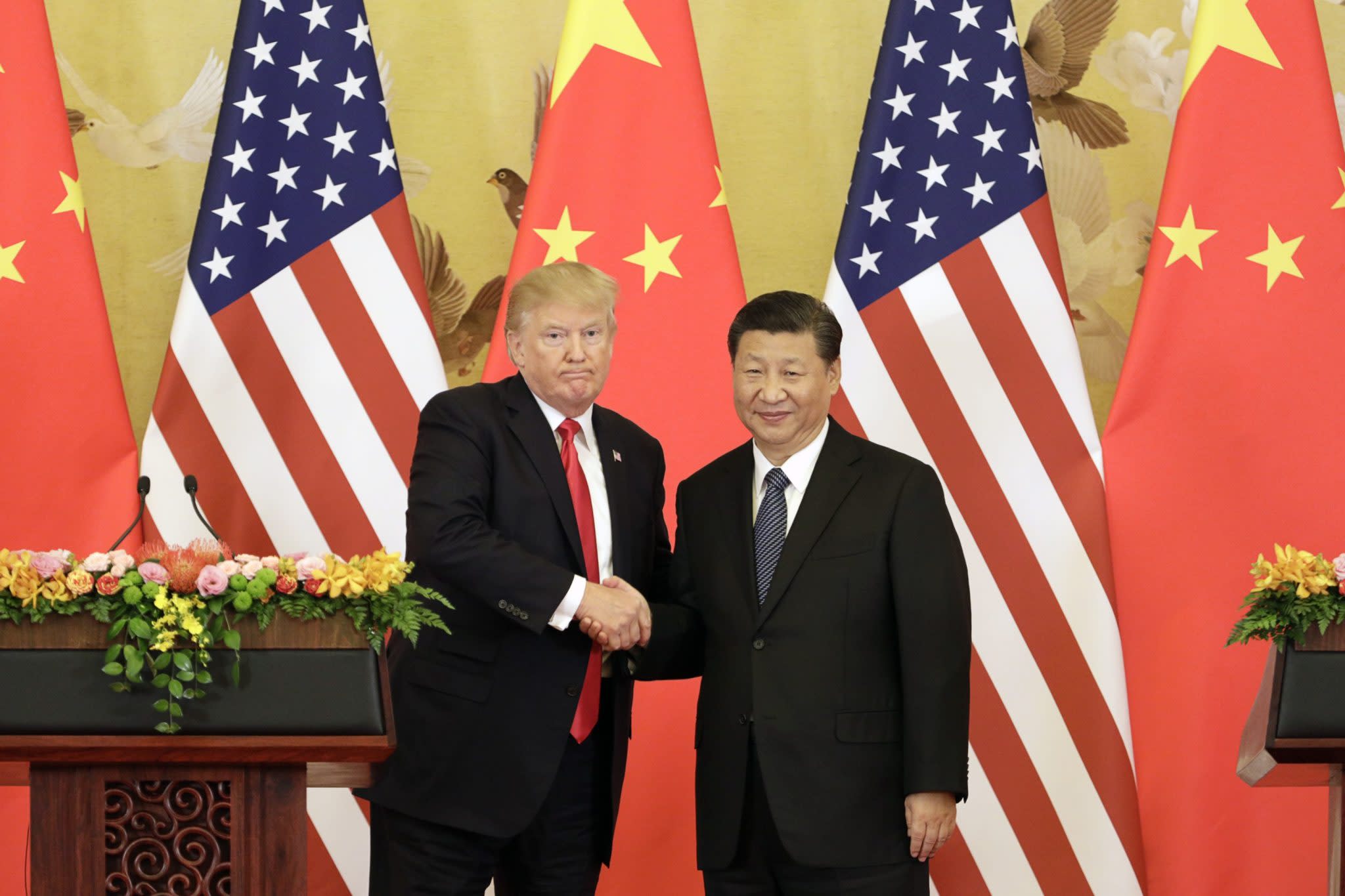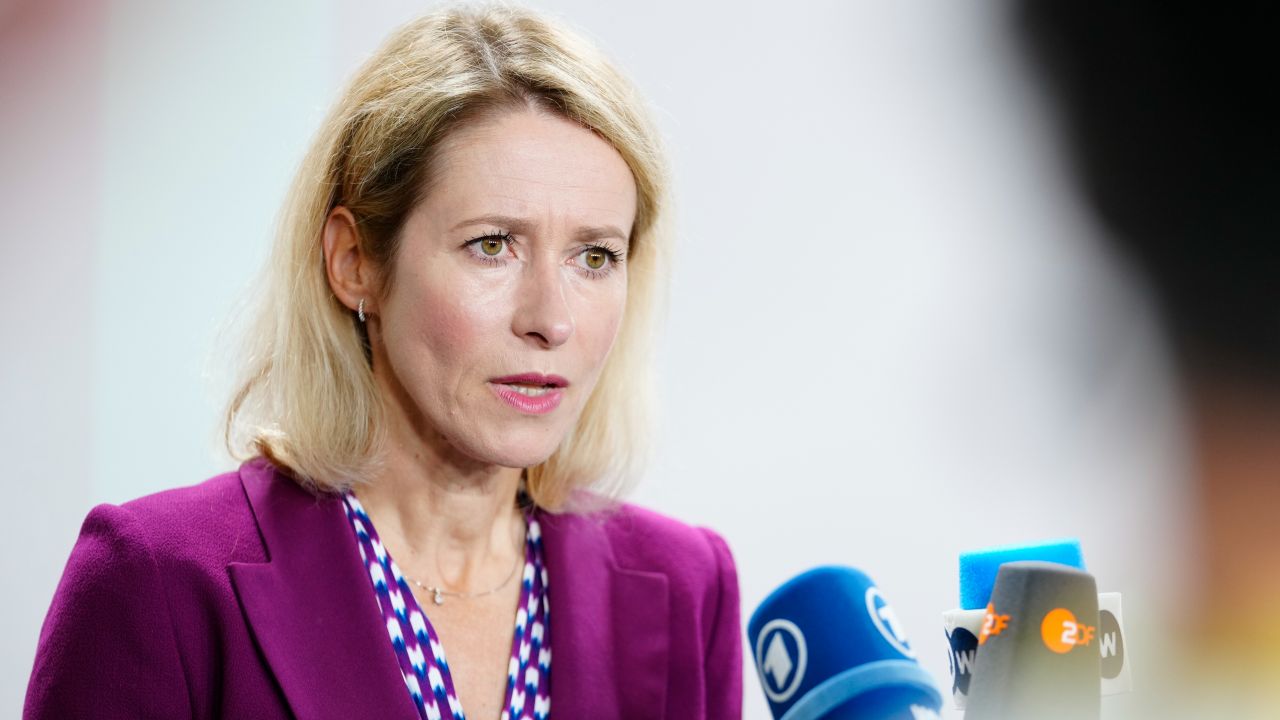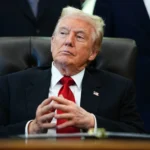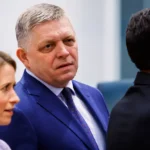Putin Meets Modi and Xi to Secure Energy Deals Amid Global Market Strains
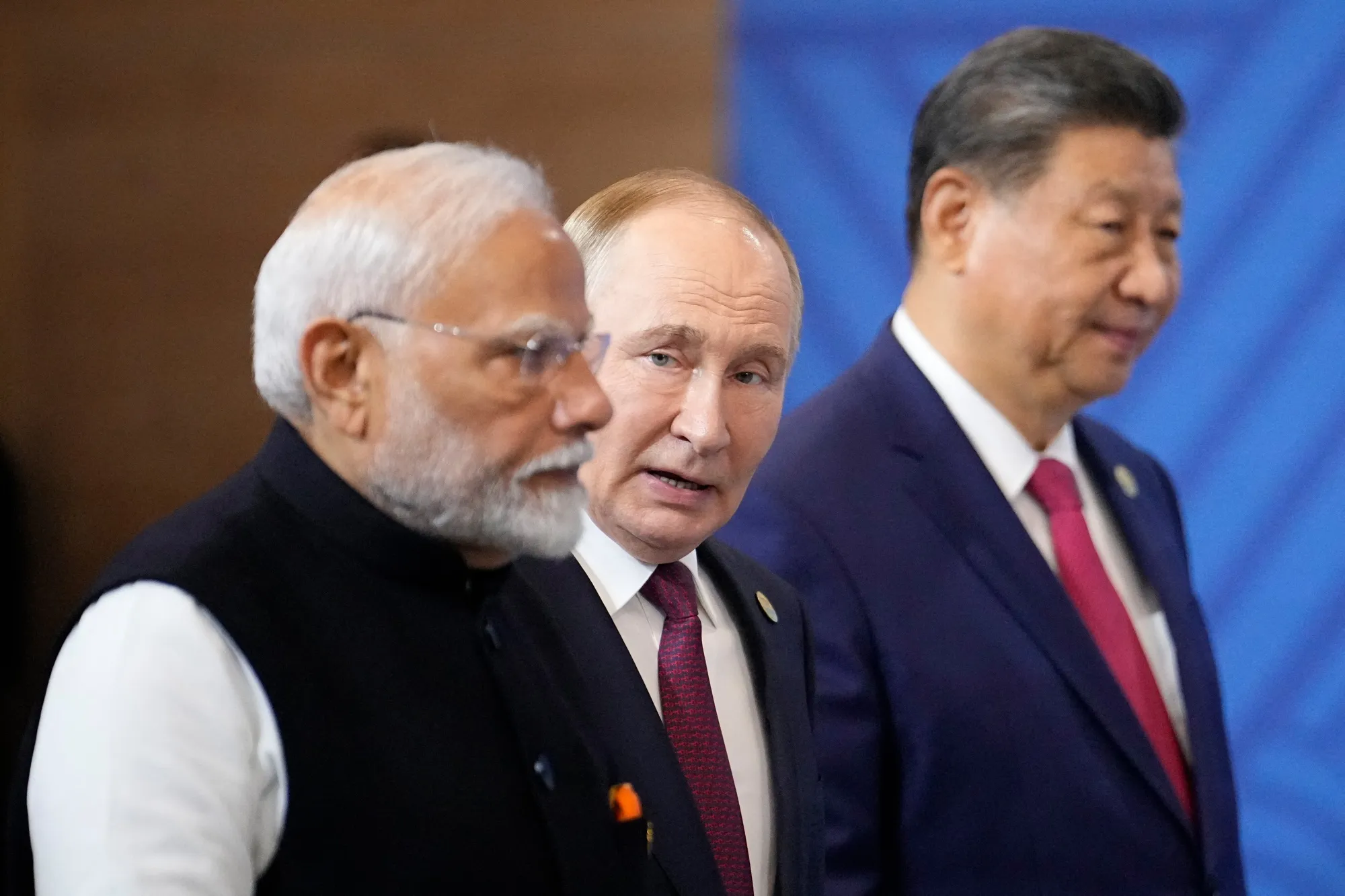
Russian President Vladimir Putin met this week with Indian Prime Minister Narendra Modi and Chinese President Xi Jinping in a high-stakes summit aimed at coordinating energy trade and securing long-term fuel supplies. The talks come as Russia seeks to navigate a challenging global energy landscape shaped by sanctions, geopolitical tensions, and shifting demand patterns.
Strategic Energy Talks
The trilateral meeting focused on Russia’s energy exports, particularly oil, natural gas, and liquefied natural gas (LNG). Putin emphasized Russia’s commitment to supplying energy to key Asian partners, while Modi and Xi explored options for stable, long-term contracts and potential price mechanisms that could insulate their countries from market volatility.
The discussions also included:
- Expanding pipeline and LNG infrastructure to facilitate smoother deliveries.
- Coordinating on energy pricing models to mitigate exposure to Western sanctions.
- Discussing joint investments in energy production, refining, and storage facilities.
Putin highlighted Russia’s willingness to deepen energy partnerships as a means of strengthening ties with the Global South, while Modi and Xi expressed interest in diversifying supply sources and ensuring energy security for their fast-growing economies.
Context: Global Energy Pressures
Russia’s energy sector has been under significant strain due to Western sanctions, restrictions on technology transfers, and limits on shipping and insurance for oil tankers. At the same time, rising demand in Asia has positioned India and China as increasingly important customers for Russian energy exports.
Analysts note that these partnerships allow Russia to bypass some sanctions, maintain revenues, and sustain production levels despite Western pressure. For India and China, the agreements provide access to discounted energy suppliescritical for industrial growth and electricity generation.
Economic and Geopolitical Implications
The meeting carries both economic and geopolitical significance:
- Economically, long-term contracts could stabilize energy prices for Asia’s largest consumers while ensuring Russia retains a dependable revenue stream.
- Geopolitically, closer energy ties signal an alignment between Russia, India, and China that may challenge Western influence in global energy markets.
- The talks may also pave the way for regional energy infrastructure projects, such as pipelines and LNG terminals, further integrating Eurasian markets.
Reactions From the West
Western governments are closely monitoring the summit, concerned that increased cooperation between Russia, India, and China could undermine sanctions effectiveness and strengthen Moscow’s ability to sustain military operations. Some analysts warn that these energy deals may complicate efforts to pressure Russia on issues like the conflict in Ukraine.
India and China’s Strategic Calculus
For India, securing energy supplies is part of a broader strategy to support rapid industrial growth and energy security. New Delhi has avoided joining Western sanctions against Russia, balancing geopolitical relationships with its energy needs.
China, meanwhile, sees Russian energy as a way to diversify sources and reduce dependency on Middle Eastern suppliers. The country has invested heavily in pipelines, LNG terminals, and strategic reserves to cushion against potential supply disruptions.
The Summit’s Broader Significance
Experts say the trilateral talks underscore a shifting global energy order, where Asia is emerging as a dominant force in shaping demand and pricing. By engaging directly with Russia, India and China are asserting influence over supply chains in ways that challenge traditional Western dominance.
The summit also demonstrates Putin’s focus on deepening ties with the Global South, leveraging energy as a geopolitical tool to secure allies and maintain revenue streams despite sanctions and international isolation.
Conclusion
The meeting between Putin, Modi, and Xi highlights the complex interplay between energy security, geopolitics, and economic strategy. For Russia, it offers a lifeline amid sanctions; for India and China, it ensures access to critical resources.
As global energy markets remain volatile, the outcomes of these talks could have far-reaching implications—not just for pricing and supply, but for the balance of influence between East and West in the 21st-century energy landscape.



